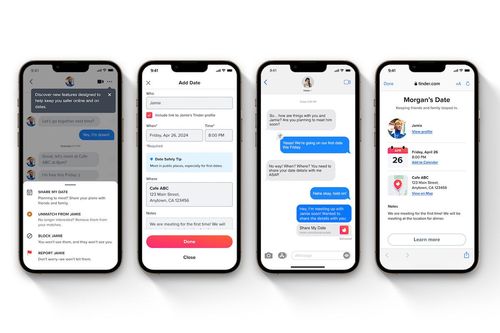Google commits to deleting browsing data gathered in Incognito mode
A proposed class action settlement has been submitted to a federal court in California, suggesting significant changes in how Google manages data associated with its Incognito mode. Under this agreement, Google commits to either deleting or making unidentifiable billions of browsing records collected under the guise of privacy that Incognito mode promises. This move comes as part of the settlement for the case, Brown v. Google, which also requires the tech giant to offer clearer explanations about its data collection practices in Incognito mode and to impose restrictions on any future data gathering activities. Pending approval from a California federal judge, this settlement could potentially impact 136 million users of Google's services. The lawsuit, initiated in 2020 by several Google account holders, challenged the company’s practices, accusing it of unlawfully monitoring their private browsing sessions.
The settlement, with an estimated value of $5 billion as per the court filing on Monday, is primarily focused on the assessment of the worth of the data Google will either have to eliminate or stop collecting. In this context, all affected data encompasses the information gathered in Incognito mode up until December 2023. The agreement stipulates that any data not completely eradicated must undergo a process of de-identification, stripping it of personal identifiers.
Plaintiffs hailed the settlement as a milestone in enforcing accountability and fostering transparency from Google, regarded as the most formidable data aggregator worldwide. They view it as a significant victory in the ongoing effort to safeguard privacy rights online. Contrarily, Google’s stance, as articulated by spokesperson José Castañeda, is one of relief in settling what they deemed a baseless lawsuit. Despite the plaintiffs pegging the settlement's value at the $5 billion mark they initially sought in damages, Castañeda pointed out that the settlement involves no financial compensation for the class, though it allows for individual claims.
Castañeda further clarified Google's position on data association with users in Incognito mode, emphasizing the company’s commitment to scrapping outdated technical data that was disconnected from individual identities and never employed for personalizing experiences. As part of the arrangement, Google has begun to improve disclosures regarding the actual privacy protections provided by Incognito mode and has agreed to enable users to block third-party cookies by default for a five-year duration. This adjustment aims to enhance user privacy by preventing Google from tracking activities on external sites during private browsing sessions.
Moreover, despite the class settlement, individuals retain the right to pursue their claims for damages within California's state courts. To date, there have already been 50 such claims filed, indicating the possibility of ongoing legal challenges for Google beyond this settlement.
 Why Meta is looking to the fediverse as the future for social media
Why Meta is looking to the fediverse as the future for social media Microsoft’s Surface and Xbox hardware revenues take a big hit in Q3
Microsoft’s Surface and Xbox hardware revenues take a big hit in Q3 Augment, a competitor of GitHub Copilot and backed by Eric Schmidt, emerges from stealth mode with a launch of $252 million
Augment, a competitor of GitHub Copilot and backed by Eric Schmidt, emerges from stealth mode with a launch of $252 million IBM advances further into hybrid cloud management with its $6.4 billion acquisition of HashiCorp
IBM advances further into hybrid cloud management with its $6.4 billion acquisition of HashiCorp Perplexity is raising over $250 million at a valuation of between $2.5 billion and $3 billion for its AI search platform, according to sources.
Perplexity is raising over $250 million at a valuation of between $2.5 billion and $3 billion for its AI search platform, according to sources. Apple announces May 7 event for new iPads
Apple announces May 7 event for new iPads Gurman: iOS 18 AI features to be powered by entirely On-Device LLM, offering privacy and speed benefits
Gurman: iOS 18 AI features to be powered by entirely On-Device LLM, offering privacy and speed benefits Meta aims to become the Microsoft of headsets
Meta aims to become the Microsoft of headsets Tinder introduces a 'Share My Date' feature allowing users to share their date plans with interested friends
Tinder introduces a 'Share My Date' feature allowing users to share their date plans with interested friends This is Tesla's effective solution for the recalled Cybertruck accelerator pedals
This is Tesla's effective solution for the recalled Cybertruck accelerator pedals
